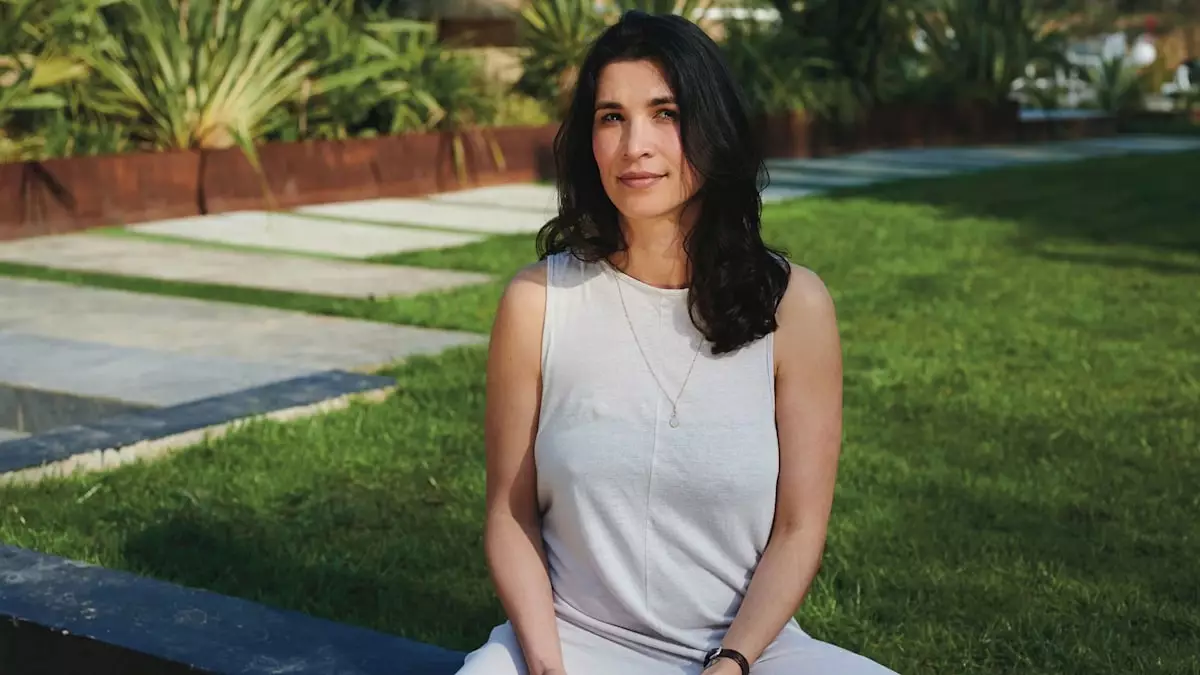In the modern age, the quest for wellness can sometimes feel more burdensome than beneficial. With social media flooded with influencer lifestyles and the latest well-being trends, it’s easy to become overwhelmed by the seemingly idyllic routines of others. Each day, we are inundated with images and stories of flawless morning rituals, biohacking breakthroughs, and detox secrets that promise the key to happiness and health. As a result, many individuals inevitably fall into the trap of comparison, fostering feelings of inadequacy when they struggle to adhere to such rigid practices.
Last year, the topic of “wellness overwhelm” became increasingly relevant, pointing to the pressure many feel to conform to idealized lifestyles. This growing concern calls into question the practicality and sustainability of pursuing wellness through one-size-fits-all methodologies. It begs the question: is it possible to navigate wellness without feeling burdened or defeated?
Nutritionist Jo Woodhurst suggests that the solution lies in adopting “daily-ish” habits—a concept that emphasizes flexibility over rigidity. By allowing ourselves to engage in wellness practices that are manageable and forgiving, we are more likely to sustain them long-term. Instead of setting daunting goals that often lead to burnout or feelings of failure, this approach helps individuals focus on integrating simpler, more flexible habits into their lives without the pressure of unrealistic expectations.
Redefining Daily Wellness Practices
Daily-ish habits, as articulated by Woodhurst, are not about perfection but rather about consistency and gentleness. For example, if someone intends to complete a five-minute stretching routine each morning, they should not feel disheartened if they miss a day due to unforeseen circumstances. Life is unpredictable, and the emphasis should be on making progress rather than adhering to a strict regimen. This mindset not only mitigates stress and frustration but also promotes a sustainable approach to well-being that takes into account the ebbs and flows of daily life.
Woodhurst emphasizes that wellness is not simply a checklist to be completed but rather a collection of practices that foster an enhanced quality of life. She articulates a philosophy of flexibility: “Daily-ish is a beautiful approach that embodies realism. We’re not here every day to tick all the wellbeing boxes.” This philosophy allows us the grace to prioritize our overall well-being while acknowledging that life can occasionally divert us from our plans.
Woodhurst shares her own daily-ish practices, which exemplify how one can integrate wellness into their routine without unnecessary burden. One of her preferred habits is starting the day with a glass of water. This simple act, which has become second nature, is an excellent example of how small changes can create lasting impact without feeling overwhelming.
Another transformational practice she highlights is meditation. While this activity has proven invaluable for her, she admits to skipping it occasionally without guilt. This attitude exemplifies the heart of the daily-ish philosophy: wellness should enhance life, not complicate it.
In addition to movement—whether that involves a quick stretch, a leisurely walk, or a full workout—Woodhurst advises limiting phone use during the early and late hours of the day. This practice fosters a more mindful start and finish, setting the tone for intentional living.
Moreover, Woodhurst provides practical strategies for integrating wellness seamlessly into existing routines. For instance, she has found success in habit stacking—adding beneficial practices to routines that already exist. By incorporating collagen into her daily coffee ritual, she is able to reap the nutritional benefits without feeling burdened by the addition of yet another task.
This pragmatic approach to wellness is vital, especially in a world that often promotes lofty, unattainable wellness goals. Woodhurst wisely notes that if wellness does not seamlessly fit into our lives, it can become counterproductive. Instead of promoting health, it can lead to feelings of frustration and inadequacy.
A Call for Self-Kindness
Ultimately, embracing a daily-ish mindset encourages self-kindness and a more attainable vision of well-being. Life is not a series of perfect days; it is a journey filled with unexpected turns and challenges. Therefore, the goal should not be an unattainable ideal but rather a gradual, compassionate journey toward wellness that suits individual lifestyles.
As we move forward into 2025 and beyond, it becomes increasingly important to prioritize our well-being in a way that feels good and sustainable. By adopting the daily-ish approach, we can find joy in the small victories and cultivate a more holistic definition of wellness—one that values progress over perfection and kindness over rigidity.

